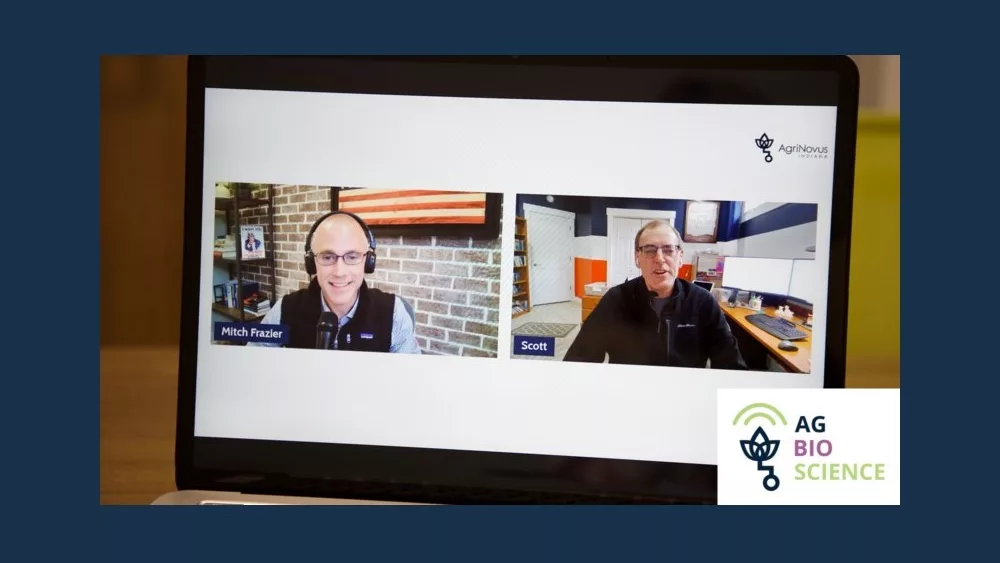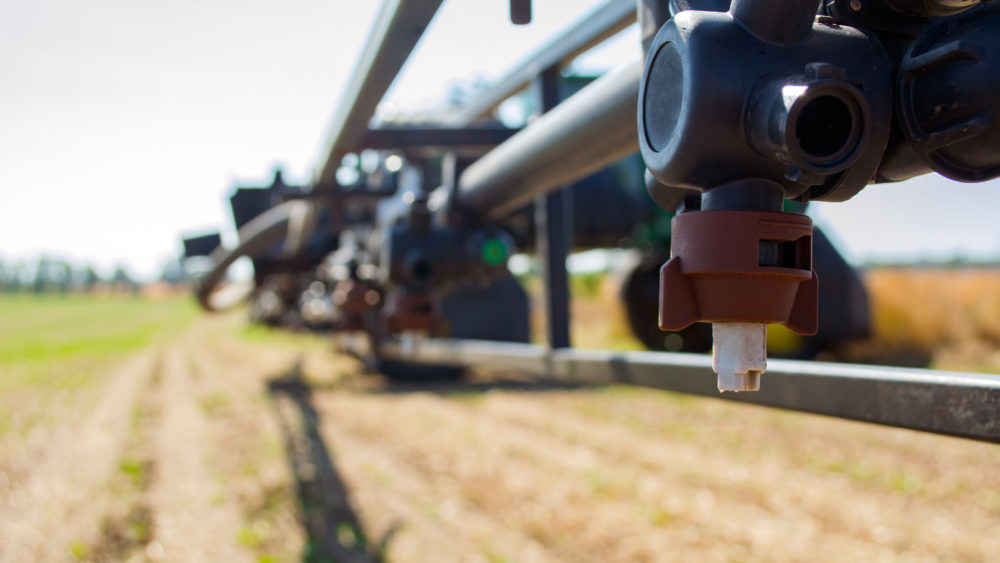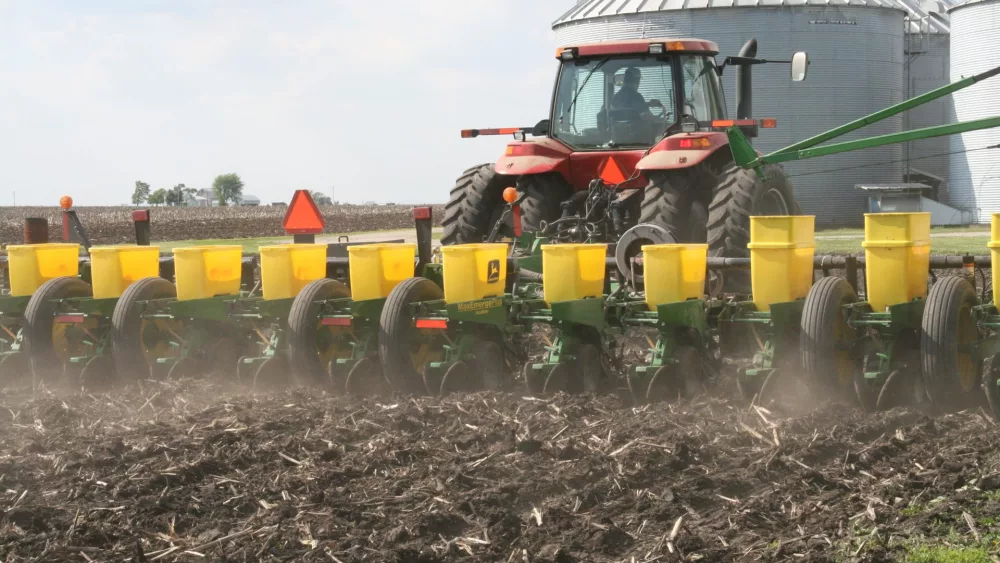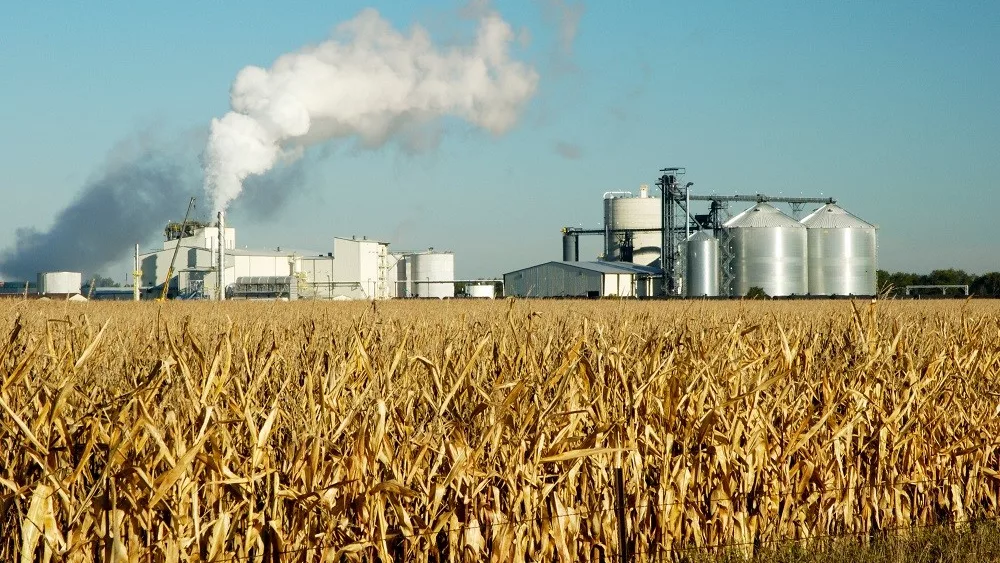 Lobbying to stop carbon sequestration legislation is among the highlights Indiana Farm Bureau says they were able to achieve during the 2022 Indiana General Assembly, which ended Wednesday.
Lobbying to stop carbon sequestration legislation is among the highlights Indiana Farm Bureau says they were able to achieve during the 2022 Indiana General Assembly, which ended Wednesday.
Indiana Farm Bureau (INFB) says stopping SB 265 and HB 1249 protected property rights for landowners’ future use of their property below the surface.
INFB says they worked with BP, National Petroleum Council, Purdue University, CountryMark and Indiana Department of Natural Resources on language in a third bill, HEA 1209, that addressed the property rights concerns from the other two bills.
“Advocating for agriculture has always been Farm Bureau’s priority,” said Randy Kron, INFB president. “We are only as successful as our grassroots, and INFB members made sure their voices were heard by staying connected with legislators and engaged in the legislative process this session.”
Kron added that they were grateful to see legislation pass to provide relief for individual taxpayers and look forward to further consideration in the budget session next year.
Some of the bills Indiana Farm Bureau supported concerning tax policy were:
- HEA 1002 – repeals and amends certain provisions concerning excess state reserves, among other tax matters.
- SEA 119 – makes new farm equipment and new agricultural improvements eligible for local tax abatement.
- SEA 145 – sets out regulations for commercial real estate property and includes the “dark box” fix that INFB’s public policy team has been working on for five years.
The home-based vendor legislation that didn’t make it through to the governor’s desk during the 2021 session passed this year in HEA 1149, which specifies the requirements for the preparation and sale of food products as a home-based vendor. It allows shelf-stable food to be sold from vendors’ homes, online and at community events, instead of just at farmers markets and roadside stands. Research shows that the typical home-based vendor in Indiana is a female who works from home making around $2,000 a year. This legislation will help keep rural communities viable by broadening the opportunities available for individuals working out of their homes.
Other bills supported by INFB include:
- HEA 1148 – combined the Indiana Board of Veterinary Medical Examiners and the Indiana Board of Veterinary Medicine into one entity.
- SEA 129 and HEA 1147 – requires the state seed commissioner to charge fees for testing seed for purity and germination that are commensurate with fees that are standard in the seed-testing industry.
“With the short session this year and Statehouse operations getting back to normal, we knew it would be pretty fast paced,” said Andy Tauer, executive director of public policy. “But so much was still accomplished in a short amount of time to positively impact agriculture.




